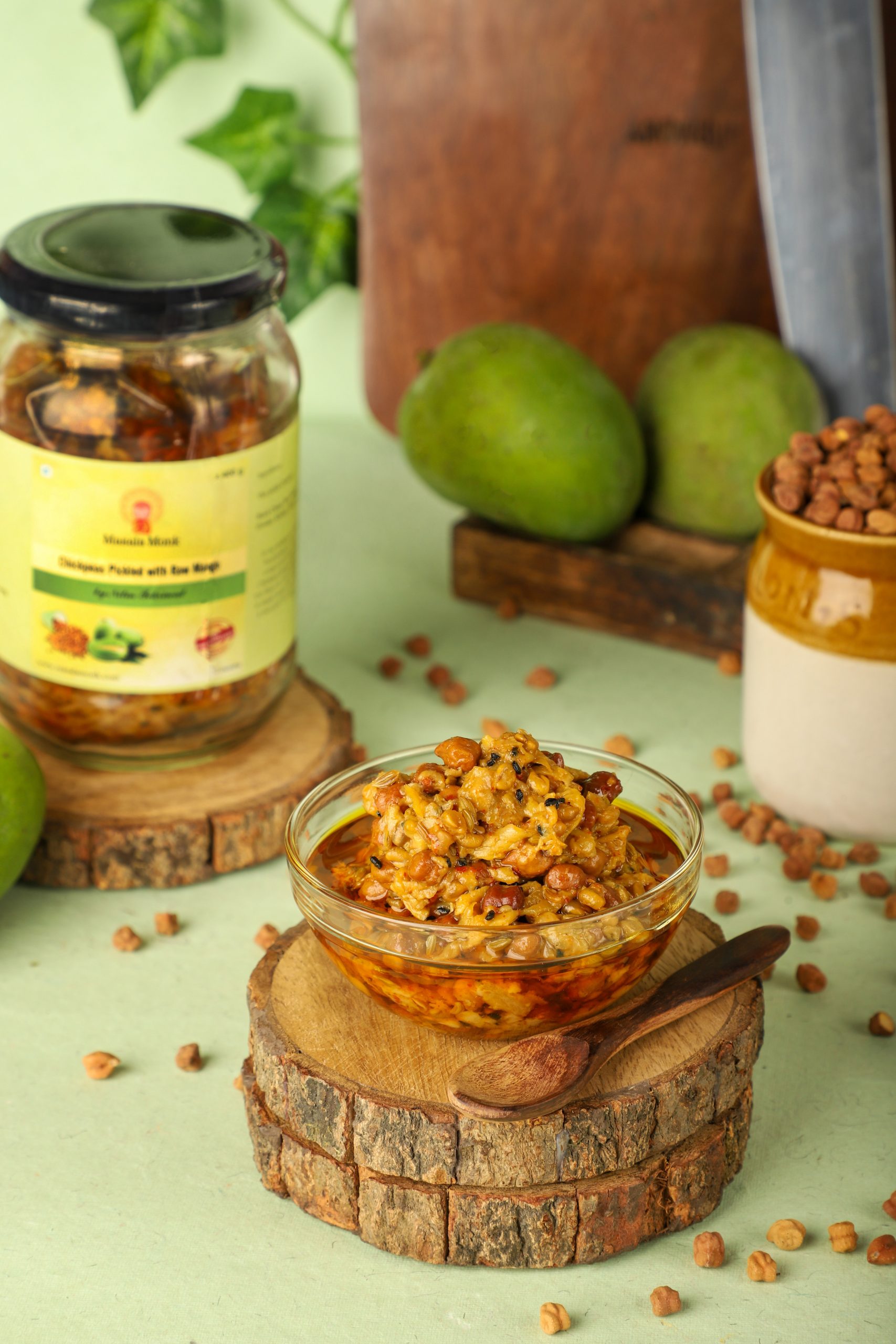
Chickpeas and the Keto Diet: A Comprehensive Guide
Chickpeas, commonly known as garbanzo beans, have long been celebrated as a nutritional powerhouse in various global cuisines. Their unique nutty flavor, combined with a versatile grainy texture, makes them a favorite in numerous dishes, from hummus to salads. Rich in vitamins, minerals, and fiber, chickpeas are associated with numerous health benefits. However, their place in the keto diet is a topic of much debate. Let’s delve deeper into the relationship between chickpeas and the ketogenic diet.
Understanding Chickpeas: Nutritional Breakdown
Chickpeas belong to the legume family, which means they are naturally high in carbohydrates. They are also a good source of plant-based protein and contain essential vitamins and minerals, including iron, magnesium, and B vitamins. The fiber in chickpeas is particularly beneficial for digestive health.
The Keto Diet and Carbohydrates: A Brief Overview
The ketogenic, or keto, diet is a low-carb, high-fat dietary regimen. The primary goal is to reduce carbohydrate intake drastically, prompting the body to enter a metabolic state known as ketosis. In this state, the body burns fat for energy instead of carbohydrates. Given the carb content in chickpeas, they aren’t typically included in a standard keto diet.
Chickpeas vs. Garbanzo Beans: Clearing the Confusion
There’s no difference between chickpeas and garbanzo beans in terms of nutritional content. They are two names for the same legume, and both terms can be used interchangeably. Regardless of the name, their carb content remains a concern for those on strict keto diets.
Navigating the Chickpea Challenge on Keto
While chickpeas might not fit into a strict keto diet, there are ways to enjoy their flavor and texture without compromising your ketosis:
- Limit Portion Sizes: If you’re keen on including chickpeas, ensure you’re consuming them in very limited quantities.
- Opt for Roasted Chickpeas: Roasting can reduce the water content, potentially altering the carb content per serving.
- Explore Chickpea Alternatives: Consider foods that can mimic the texture or flavor of chickpeas. Roasted nuts or seeds might offer a similar crunch, for instance.
The Carb Dilemma: How Many Carbs are in Chickpeas?
A standard serving of chickpeas can have a significant carb count. If you’re on a keto diet, it’s crucial to be aware of this and plan your meals accordingly. Always measure your portions and track your daily carb intake.
In-Depth FAQs:
- Why are chickpeas considered high-carb?
- As legumes, chickpeas store energy primarily as carbohydrates. They contain both simple and complex carbs, providing sustained energy and promoting fullness.
- Can chickpeas fit into a modified keto or low-carb diet?
- While traditional keto might restrict chickpeas, more lenient low-carb diets can accommodate them in moderation. It’s all about balance and understanding your carb limits.
- Are there keto-friendly chickpea recipes?
- There are innovative recipes that use minimal chickpeas or chickpea alternatives to align with a keto framework. For instance, blending chickpeas with cauliflower can reduce the overall carb content of a dish.
- What about chickpea flour on keto?
- Chickpea flour, often referred to as besan, is made by grinding dried chickpeas. It retains the carb content of chickpeas and is typically not keto-friendly.
- Beyond carbs, what are the health benefits of chickpeas?
- Chickpeas support heart health, aid in digestion, and can help stabilize blood sugar levels. Their protein content makes them a staple in many vegetarian and vegan diets.
Blog Tags:
Chickpeas and Keto, Garbanzo Beans, Keto Diet Insights, Chickpea Nutrition, Legumes on Keto, Keto-friendly Alternatives, Chickpea Recipes, Besan and Keto, Health Benefits of Chickpeas, Low-Carb Diet Tips.










